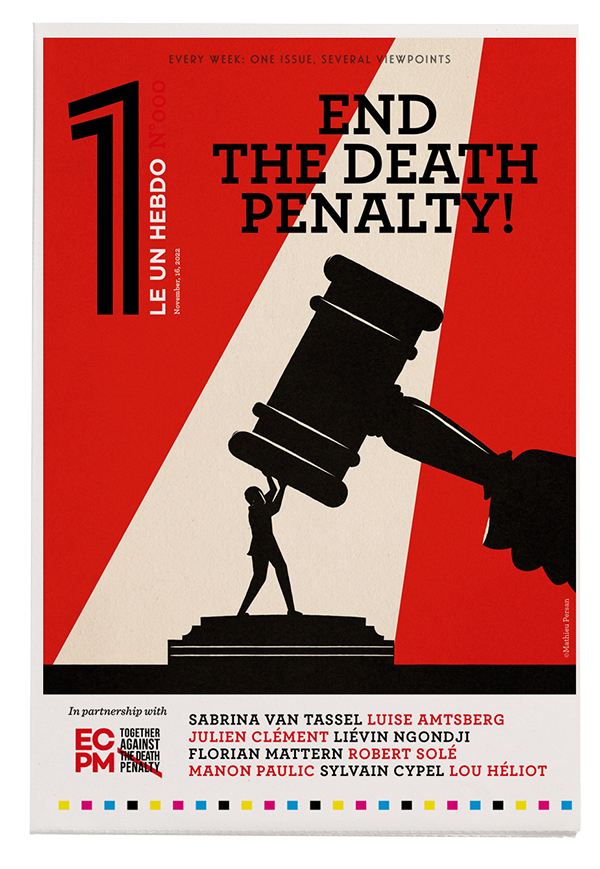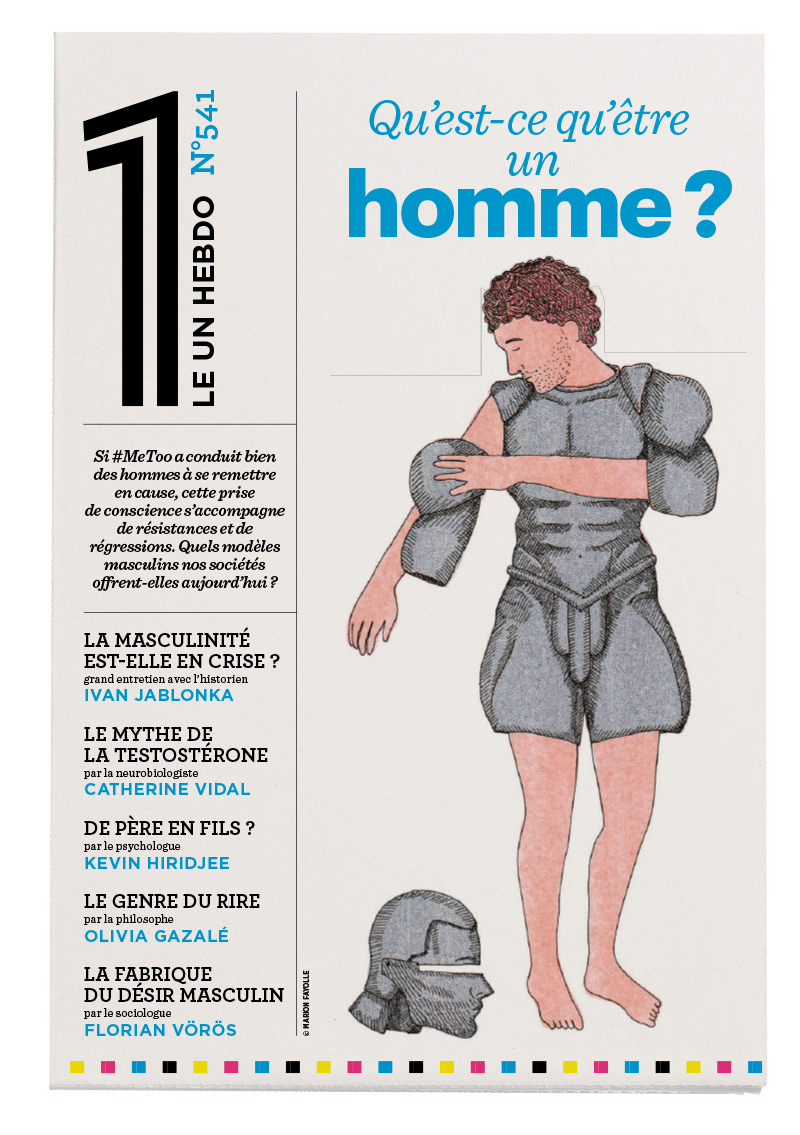What is the current state of play in the fight for abolition in Africa?
In 1999, when we started the fight, only 10 African countries had abolished the death penalty. Today, out of the 54 countries on the continent, 23 are abolitionist, 22 have a moratorium on its application and 9 maintain the death penalty. These figures indicate a global trend towards the total abolition of the death penalty in Africa.
Which African countries were the first to opt for abolition?
Without having a scientific explanation, the Portuguese-speaking countries were the first to take the path of abolition. From 1981 to 1993, Cape Verde, Mozambique, São Tomé and Príncipe, Angola and Guinea-Bissau – all former Portuguese colonies – adopted the decision. The French-speaking countries of sub-Saharan Africa then followed suit, from Côte d’Ivoire in 2000 to Chad in 2020, via Senegal, Rwanda, Burundi, Togo, Gabon, Benin, Congo-Brazzaville, Madagascar, Guinea and Burkina Faso. It is the English- and Arabic-speaking countries of the continent that retain the death penalty. Indeed, the countries that still execute in Africa are Egypt, Libya, Sudan, South Sudan, Ethiopia, Somalia, Uganda, Botswana and Nigeria.
Is African death penalty legislation a colonial legacy?
Colonisation has had an undeniable impact on the relationship to the death penalty in Africa. Although the death penalty existed before the arrival of the European powers, its application varied greatly according to the territory and the local authorities. Moreover, the sentence could be commuted to exile when the condemned person occupied an important position in society. It was the colonial powers that decided to standardise the legislation and apply it severely. And, after independence, very few countries abolished the penal texts imposed by the coloniser. For example, to the death penalty provisions of the Belgian penal code, which the Democratic Republic of Congo [DRC] inherited, only the crime of high treason was added.
For which crimes is the death penalty applied in these countries?
Apart from terrorism and crimes against state security, which are systematically punished by the death penalty, each country punishes different crimes. For Islamic countries such as Egypt, Sudan and Somalia, sacrilege and adultery are offences punishable by death. Uganda, which has a large Christian majority, punishes homosexuality severely.
What role do different religions play in the death penalty?
Whether Christianity or Islam, the various religions active on the African continent have played an important role in the evolution of the way in which this penal sanction is viewed. In the case of Catholicism and Protestantism, religious communities were not initially opposed to the death penalty. On the contrary, during the colonial era, priests often supported the judicial practice by administering extreme unction to convicts about to mount the scaffold. But the Vatican has since changed its position on the subject and priests no longer intervene in the process.
On the other hand, in former British colonies such as Nigeria and Uganda, where executions are still carried out regularly, the influence of the Anglican Church is difficult to establish, and it is likely that American evangelical pastors, who have a strong presence there, play an important role in supporting the death penalty. Evangelical communities in Africa have a particular discourse, not really deciding the issue but preferring to rely on biblical texts in which Christ states that “All who take the sword will perish by the sword”. In Uganda, the fact that homosexuality is punishable by death without the sentence being carried out is due to government efforts to satisfy both Anglicans and Evangelicals, two important communities in the country. While Anglicans are not in favour of the application of the death penalty, Evangelicals are strong supporters of it and sometimes defend it aggressively.
In Muslim countries, the death penalty, provided for in the Sharia, has a sacred connotation and is applied in an intransigent manner, which explains why few states that have abolished it to date. The case of Senegal, the first Muslim country in Africa to renounce the death penalty in 2004, puts the correlation between Islam and the death penalty into perspective. However, Senegal is home to large Sufi communities that do not have the same outlook as other Muslims.
What is the role of the Masonic lodges?
Well-established in sub-Saharan Africa, particularly in Congo-Brazzaville, Côte d’Ivoire and Chad, Masonic lodges have played an undeniable role in the fight for the abolition of the death penalty, but it is difficult to measure precisely. Without having proof, many people have suggested that the former president of Chad, Idriss Déby, was himself a Freemason.
What has the impact of organisations against the death penalty been?
Beyond religious influences, it is above all the weight of civil society and the strength of its mobilisation that enabled the rapid evolution that began in the late 1990s. Against public opinion and official discourse, which made anti-death penalty activists look like allies of criminals, associations have fought to shake society out of its torpor. By speaking out, associations were able to attract the attention of politicians and break the taboo surrounding the issue. In addition to this work, the boost given to this issue by foreign associations and UN bodies has made the abolition of the death penalty an audible subject in most African countries. Today in the DRC, despite the context of war in the east of the country which makes discussion more difficult, it is still possible to express oneself without fearing for one’s life.
Are some African countries moving backwards?
Despite an overall abolitionist trend over the last 30 years, countries such as Uganda maintain a very hardline stance on the death penalty, which the government is seeking to strengthen, particularly to punish homosexuality and to include witchcraft. Similarly, while the death penalty was abolished there in 2009, Burundi has been sending worrying signals since 2016. In South Africa, where the death penalty has only been abolished by a court decision, the situation remains quite fragile, as the issue regularly reappears in the debate when atrocious crimes hit the headlines.
Which are the latest African states to have abolished the death penalty?
The latest African countries to have abolished the death penalty are Sierra Leone in July 2021, the Central African Republic in May 2022 and Equatorial Guinea in September 2022. In the first two cases, civil society had been fighting for over a decade. In the Central African Republic, ECPM joined forces with the American Bar Association, fighting to abolish the death penalty in the United States, and with the African Commission on Human and Peoples’ Rights [ACHPR]. On the whole, while these results are primarily the fruit of the work of organisations, they also reflect a genuine political will.
What is the agenda of African countries in relation to the death penalty?
Following the Central African Republic and Equatorial Guinea, it is reasonable to think that Zambia and Tanzania, which are currently observing the moratorium, will be the next to take the step towards abolition. Zambia’s President Hakainde Hichilema made it a campaign promise before his election in 2021. The new president of Tanzania, Samia Suluhu Hassan, has said she is open to discussion, unlike her predecessor. Despite this, the death penalty is not a political priority and remains a secondary issue in most cases.
The continent-wide movement for the abolition of the death penalty looks like it is both advancing and stalling. While the ACHPR has made significant progress, adopting an African charter against the death penalty in 2017, it has still not been endorsed by the Assembly of the African Union, which brings together all the continent’s heads of state.
What are the obstacles to further abolitions of the death penalty in Africa today?
There are many obstacles to the global abolition of the death penalty in Africa. We can note the desire of certain presidents not to offend their Muslim political supporters, the continued use of the death penalty as a political weapon against the opposition, the difficulty of evoking abolition in the context of war and the still-tenacious belief that the death penalty is effective in the fight against terrorism. Despite this, we are not far from a death penalty-free Africa in the 21st century. Since many de facto abolitionist states are moving in the right direction, it is possible to imagine reaching forty de jure abolitionist countries by 2025, and an Africa completely free of the death penalty by 2035.
Interview by FLORIAN MATTERN








